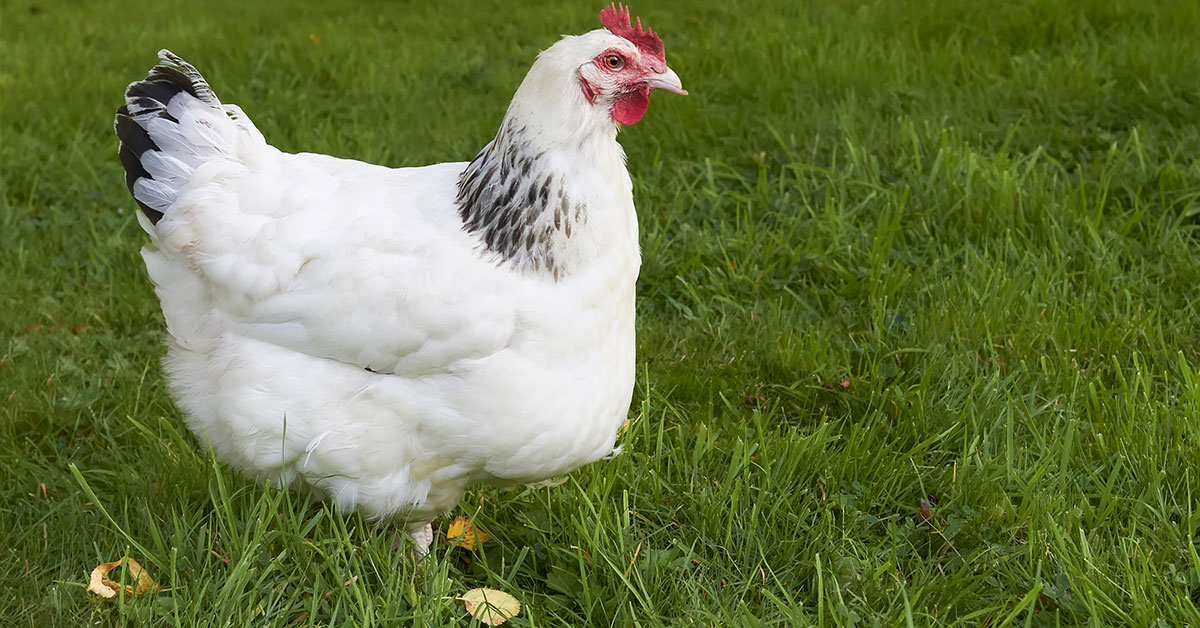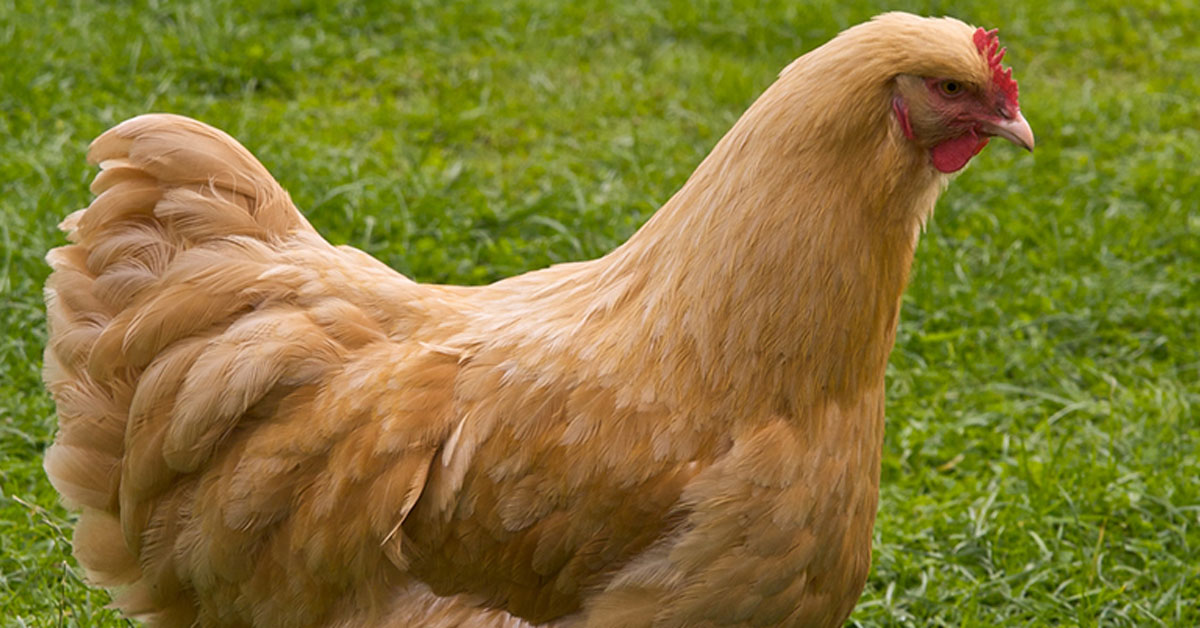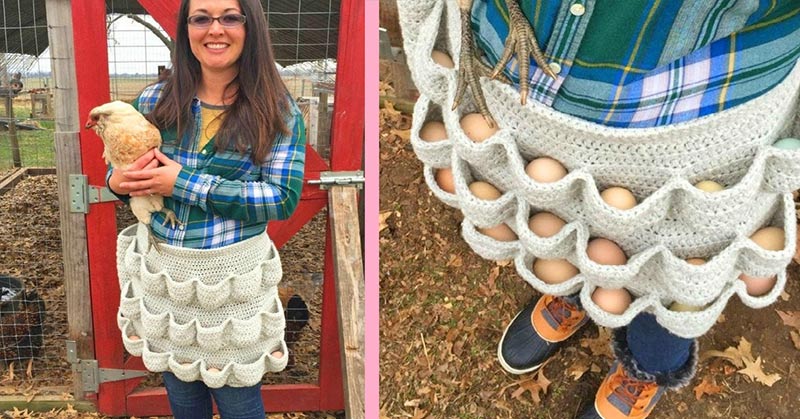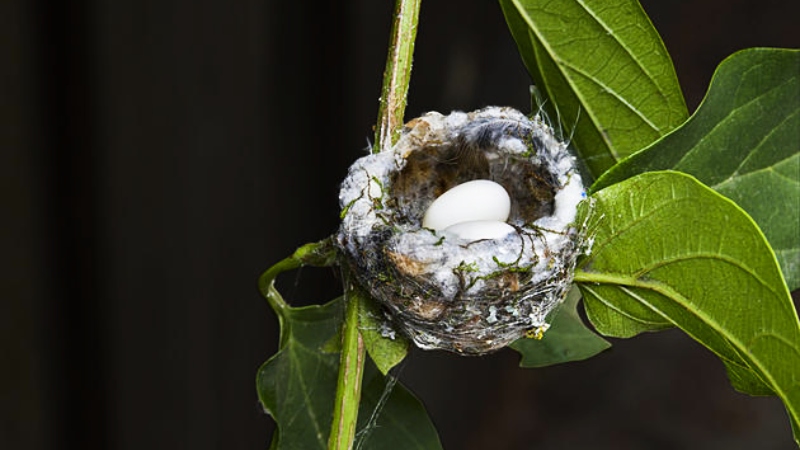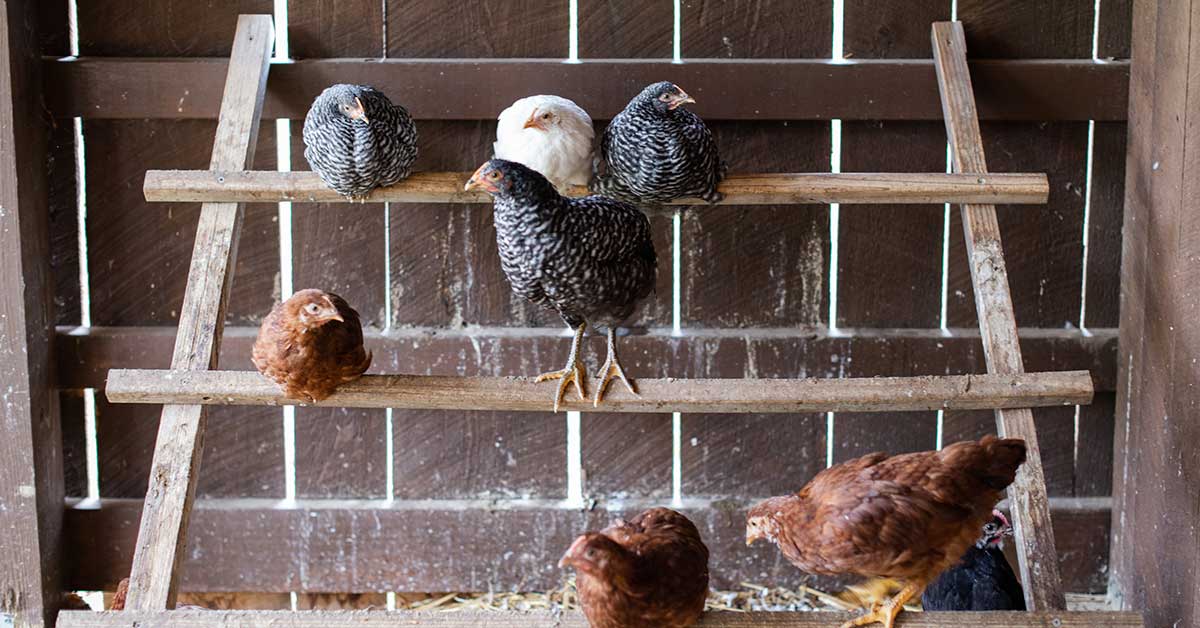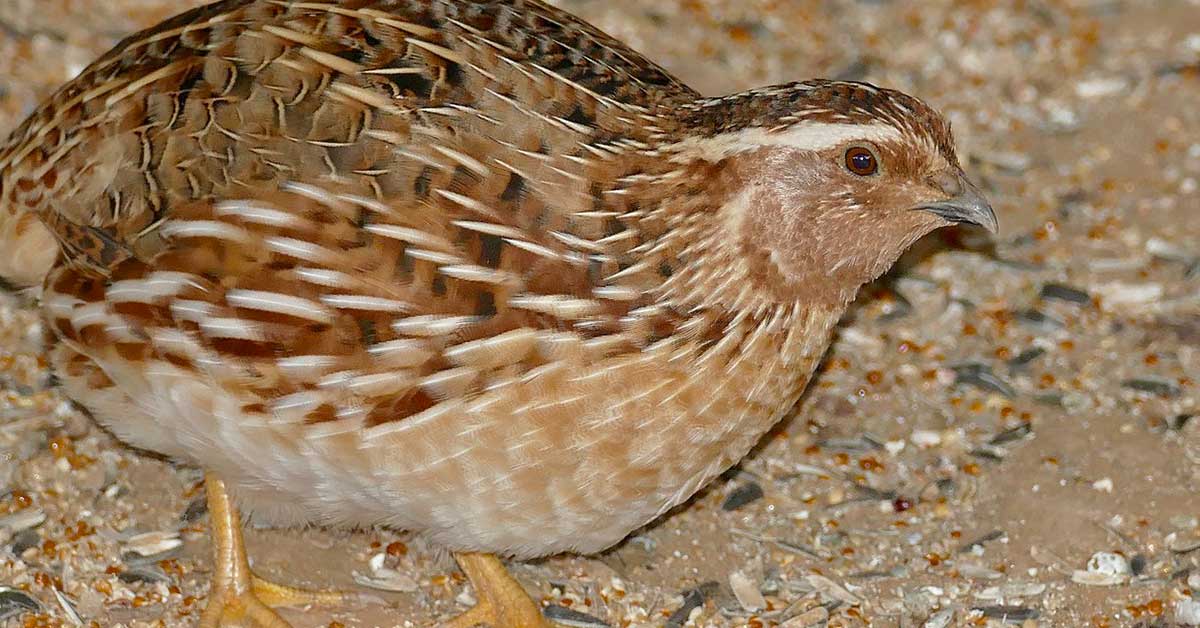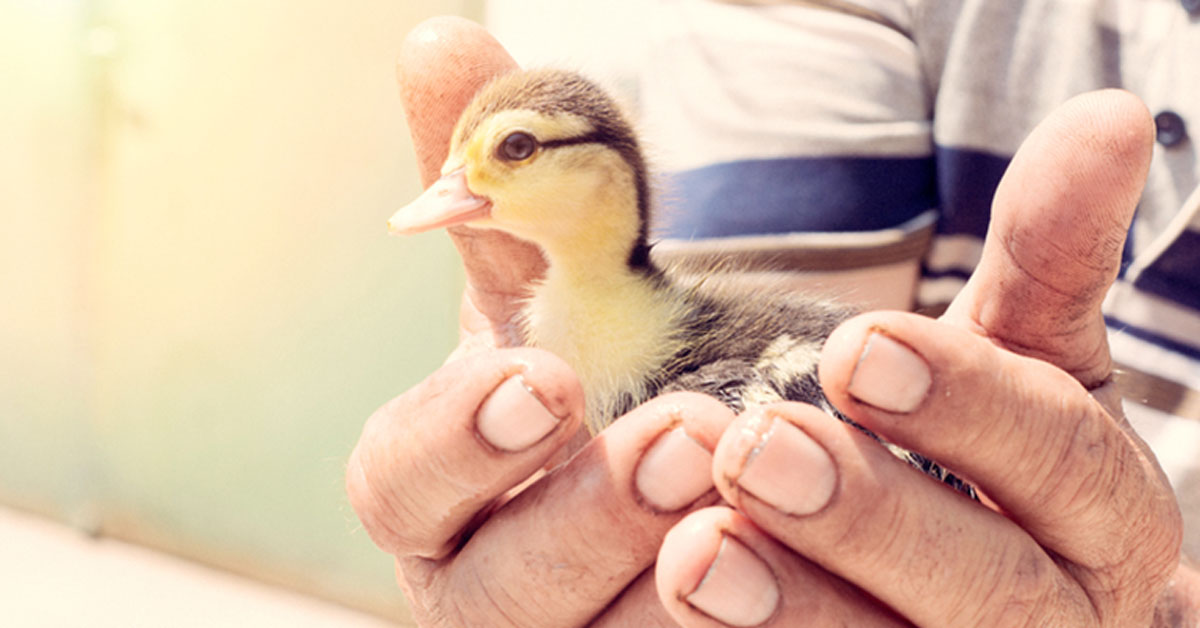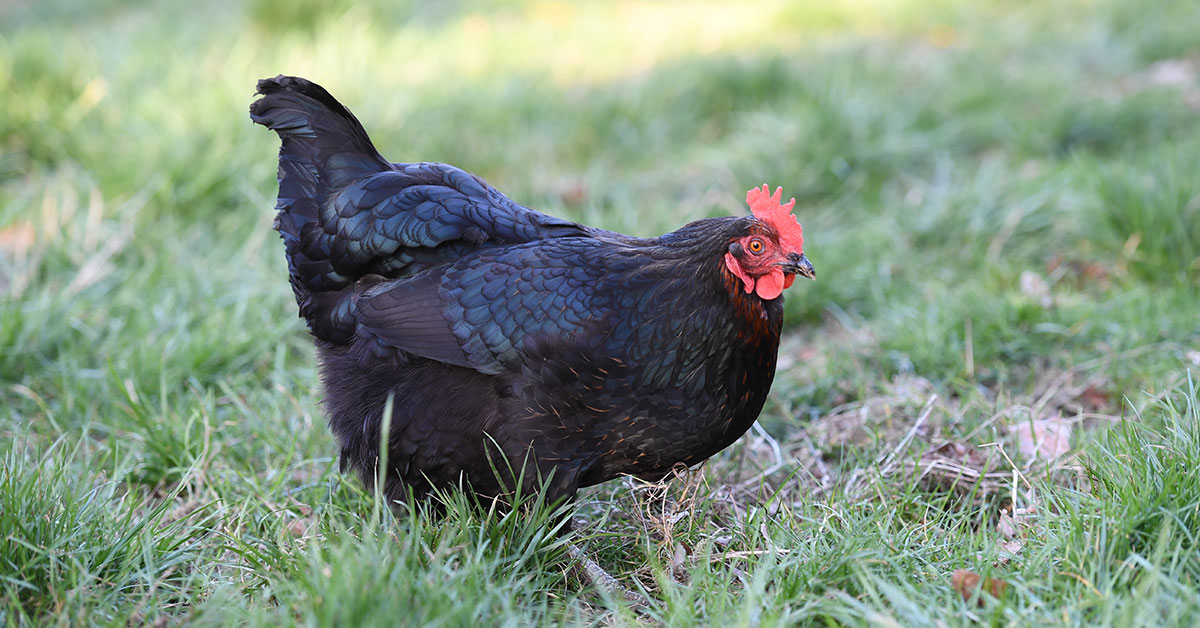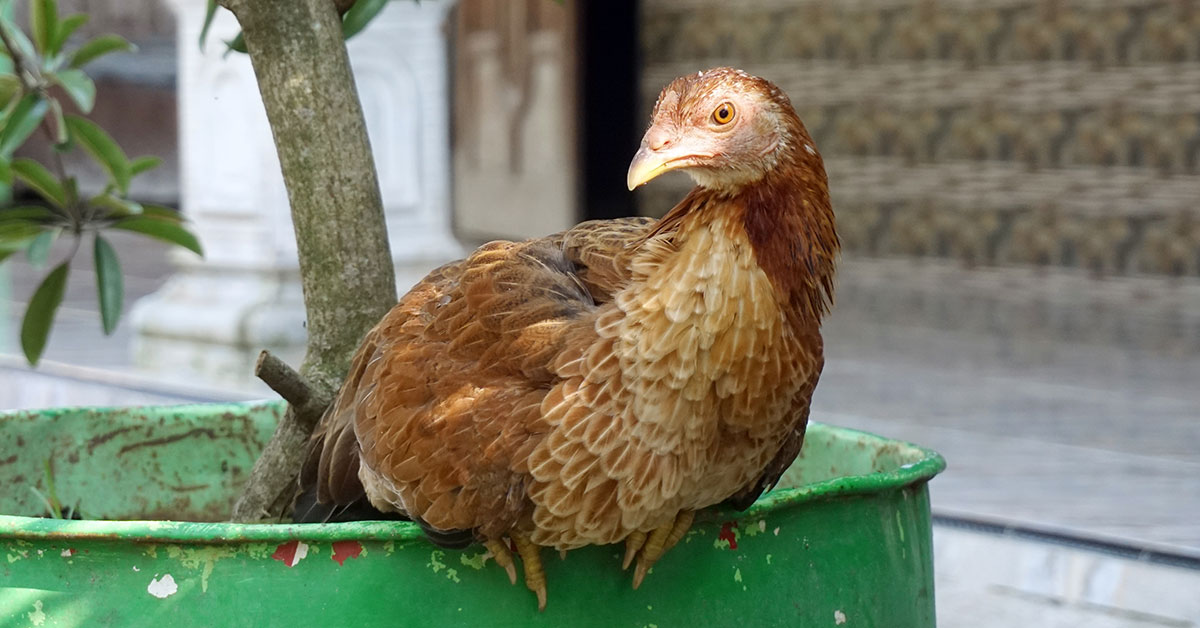Sussex chickens are a breed of poultry that are popular among backyard chicken keepers due to their friendly demeanor and their ability to lay a large number of eggs. In this article, we will explore the appearance and temperament of Sussex chickens, their breed origin, how many eggs they lay per year, their purpose, how to breed them, and how to care for them.
Appearance and Temperament
Sussex chickens have distinctive white feathering with black speckles or markings, which is why they are often referred to as speckled Sussex chickens. They have a medium-sized, muscular build, and their body is rounded and plump. Their comb is single and large, which helps them regulate their body temperature.
In terms of temperament, Sussex chickens are known to be docile, friendly, and easy to handle. They are great for families with children and are also good for beginner chicken keepers who are looking for a breed that is easy to care for.
Sussex Chicken Egg Laying & Purpose
Sussex chickens are prolific egg layers, and they can lay up to 280 large, brown eggs per year. Their egg-laying abilities make them a popular choice for backyard chicken keepers who want a breed that can provide them with a steady supply of eggs.
The Sussex chicken breed was originally developed for both meat and egg production. However, their meat is not as tender as some other breeds, and they are now primarily kept for their egg-laying abilities. In addition to being a great source of eggs, Sussex chickens are also popular among backyard chicken keepers because of their friendly temperament.
Breed Origin
The Sussex chicken breed originated in the county of Sussex in England in the 19th century. They were developed from a variety of different breeds, including the Dorking, which is known for its meat, and the Redcap, which is known for its egg-laying abilities. The breed was first exhibited in 1845, and since then, it has become a popular breed of poultry all over the world.
Breeding Sussex Chickens
Breeding Sussex chickens is relatively easy. They are a hardy breed, and they can adapt to a variety of different living conditions. To breed Sussex chickens, you will need a rooster and several hens. An ideal ratio is 8 hens for every rooster, though you can push that number up to 12 hens. Just keep in mind that with that many hens, there may be reduced egg fertility.
Like all breeds of chickens, Sussex chickens have a natural instinct to sit on their own eggs and incubate them until they hatch. This process is known as brooding, and it typically takes about three weeks for the eggs to hatch. During this time, the hen will sit on her eggs, keeping them warm and turning them regularly to ensure that the developing chicks receive the proper amount of heat and oxygen.
Sussex chickens are known to be good brooders and make excellent mothers, taking great care of their chicks once they hatch. However, if you are looking to incubate eggs yourself, you may need to remove the eggs from the hen and use an incubator to ensure a higher hatch rate.
Caring for Sussex Chickens
Sussex chickens are relatively easy to care for, and they require a few basic things to stay healthy and happy. First, they need a clean and dry living space that is protected from predators. They also need access to fresh food and water at all times. Finally, they need regular health checks to ensure that they are free from any illnesses or diseases.
Here are some tips on how to properly care for chickens:
- Provide Adequate Space: Chickens need sufficient space to move around, stretch their wings, and flap their feathers. You should provide at least 3-4 square feet of indoor space per chicken and 8-10 square feet of outdoor space per chicken.
- Ensure Proper Ventilation: Good ventilation is essential to keep your chickens healthy. Ensure that there is enough airflow in the coop by providing adequate ventilation, such as windows or vents.
- Keep the Coop Clean: A clean coop is vital to prevent diseases and infections. You should clean the coop regularly, remove any bedding or droppings, and replace it with fresh, dry litter.
- Provide Fresh Water and Food: Chickens require clean water and proper nutrition to thrive. Ensure that their water is changed daily, and their food is always fresh and free of mold or contaminants.
- Protect from Predators: Chickens are vulnerable to predators, such as foxes, raccoons, and hawks. Ensure that the coop is secure and that the chickens are locked up at night. Use appropriate fencing or netting to protect them from aerial and ground predators.
- Monitor their Health: Chickens can fall sick from time to time, and early detection is crucial to prevent the spread of illness. Regularly monitor your chickens for signs of illness, such as lethargy, loss of appetite, or unusual behavior. Consult a veterinarian if you notice any symptoms.
- Give them a Dust Bath: Chickens love to take dust baths, which help to keep their feathers clean and healthy. Provide them with a shallow container filled with dry dirt or sand.
- Provide Enrichment: Chickens are intelligent animals and need stimulation to keep them happy. Provide them with toys, such as hanging treats, or access to scratching areas to keep them occupied.
Caring for chickens requires providing them with adequate space, proper ventilation, a clean coop, fresh water and food, protection from predators, monitoring their health, dust baths, and enrichment. By following these tips, you can ensure that your chickens remain healthy and happy, and provide you with fresh eggs for years to come.
Sussex chickens are a friendly and productive breed that are popular among backyard chicken keepers. They are easy to care for, and their egg-laying abilities make them a great choice for anyone who wants a steady supply of fresh eggs. If you are looking for a breed of chicken that is both productive and easy to care for, Sussex chickens are definitely worth considering.
